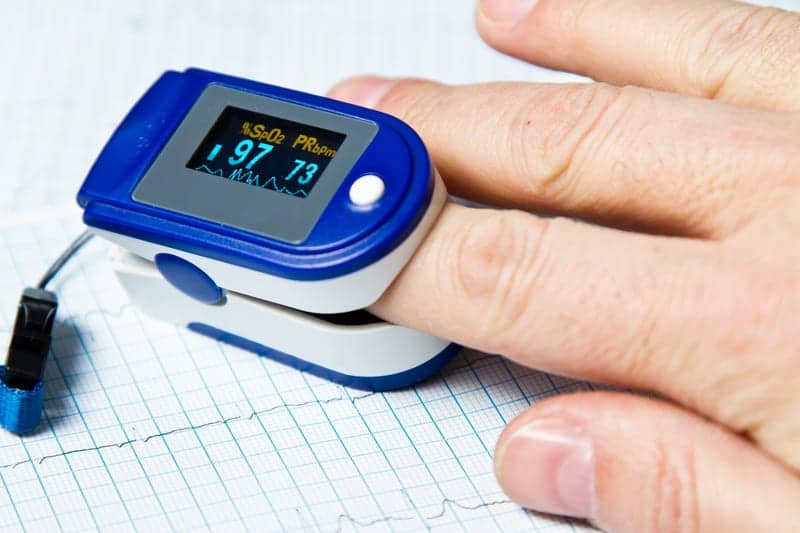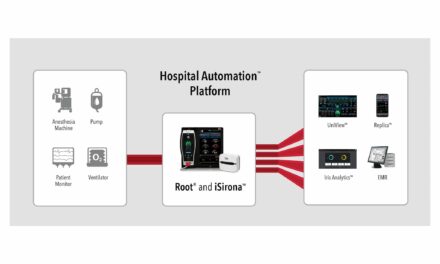The World Health Organization (WHO) has supplied an additional 180 oxygen concentrators, 2,000 pulse oximeters, and other medical equipment to outpatient units in villages in the country of Georgia.
The WHO received funding for the supplies from the European Union (EU), which were purchased through a large-scale EU–United Nations action to minimize the impact of the COVID-19 outbreak in the country by bolstering rural health-care facilities. At a later stage, the initiative will also provide village ambulatory units with telemedicine equipment to improve access to health care.
The donation is part of broader assistance from the EU and WHO to support Georgia’s response to COVID-19. So far, this has included provision of vital medical equipment, personal protective equipment and technical expertise, and training of health and care workers.
In the long term, EU and United Nations support under this project is designed to help build a more resilient primary health-care system with telemedicine capacities in Georgia to increase equitable access to health-care services regardless of location and contribute to progress.
This is part of the project “Minimizing the impact of the COVID-19 outbreak in Georgia through telemedicine and digital health solutions,” which aims to harness the potential of digital tools for advancing telehealth services and promoting health in Georgia.
This assistance is an integral part of EU and United Nations support to the country’s COVID-19 response, alongside ongoing WHO technical assistance under the Universal Health Coverage (UHC) Partnership to support national authorities’ commitment to primary health-care reform and the advancement of UHC.





